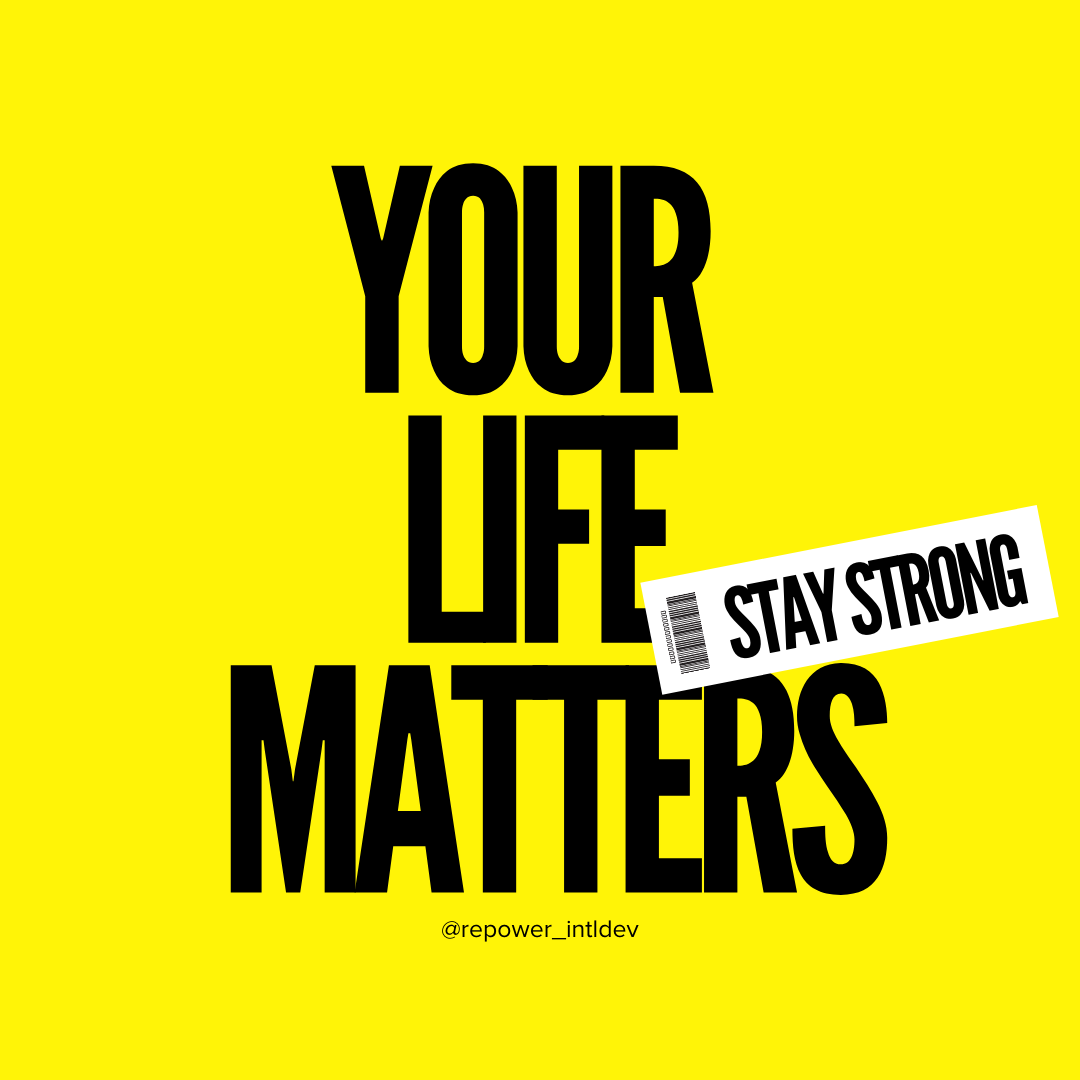September is Suicide Prevention Month
If you’ve lived long enough, then you’ve probably been affected by the news of someone’s passing by suicide. Maybe it was a loved one, whether a family member or a close friend. Maybe you were shocked to hear the passing of a celebrity like Robin Williams, Shoki Mokgapa, Lee Thompson Young, Jarrid Wilson, or Anthony Bourdain.
According to the World Health Organization, suicide is the 17th leading cause of death worldwide, the 10th most common cause of death in the United States, and the 2nd leading cause of death among young people ages 10 to 34 years old (CDC).
Every 40 seconds, someone loses their life to suicide. But unlike other leading causes of death, suicide is 100% preventable.
Suicide occurs across all demographics (e.g. age, gender, education-level, etc.) and mental illness is but one of a myriad of other catalysts that can lead a person to consider suicide, others include:
Relationship problems
Stress from financial, legal or other issues
Substance abuse
Job situation
Bullying
Discrimination
Violence
And for every successful suicide attempt, there are 25 attempts that are unsuccessful.
How You Can Help
First, if you are someone who is having thoughts about harming yourself, know that help is available.
You are not alone.
If you want to talk by text, then text HELLO to the Crisis Line (open a new text message and type in 741741). OR call the National Suicide Prevention Lifeline at 1-800-273-8255. Both services are free and available 24 hours a day, seven days a week.
Pain isn’t always obvious. People can feel isolated and alone even when they are around family and friends.
And sometimes, even those of us with great intentions, may not know the best way to reach out to someone we are concerned about.
So what can be done?
Our answer is to lead with listening and sincerity. Check-in with the people in your community. If you see warning signs and have concerns, be direct:
“How are you coping with what's been happening in your life?”
“Does it ever get so tough that you think about hurting yourself?”
And if a person tells you they are thinking about suicide, tell them that help is available and reassure them that they are not alone and that you’re going to get through this together:
“I hear that you’re struggling. I love you no matter what. We’re going to get through this together. Right now, I think we should talk to someone who can help you get through this.”
Suicide Prevention Week
To raise awareness around suicide prevention, Findlay House Global is observing the National Week of Suicide Prevention (September 5th - 11th, 2021) and World Suicide Prevention Day (Friday 10 September 2021) with a week of challenges shared via social media to fuel awareness and educate as many people as possible, because suicide is 100% preventable.
Join the challenge! And click on an image to download it and share it to social media. Or click here to download all the images.
Suicide and Development
Suicide is a serious public health problem. And to address it we must consider the contributing factors (including economic and environmental stressors) that impact the mental and emotional well-being of communities.
The field of Development is concerned with using resources to improve the standard of living and well-being of people. And although in the U.S. $247 billion is spent on mental wellness for youth and their families, marginalized youth are less likely to receive care for their depression, anxiety, and post-traumatic stress disorder. Young people who are also exposed to violence and racial discrimination are at even greater risk for suicidal thoughts and attempts. Because of the stigma around mental health, marginalized youth often wait until they are suicidal before they seek help. Thus, supportive environments in the family, at school and in the wider community are of critical importance.
Number 3 of the 17 Sustainable Development Goals is to “Ensure healthy lives and promote well-being for all, at all ages.” And one of the targets (Target 3.4) is to reduce premature mortality by one third, including through prevention, treatment, and promotion of mental health and well-being.







